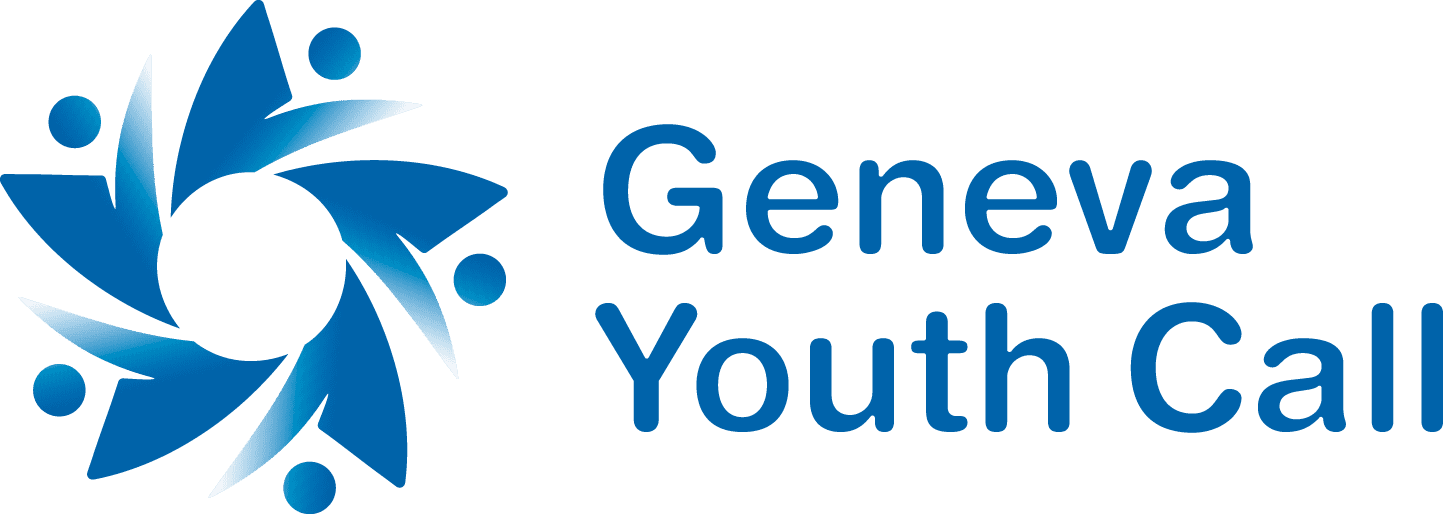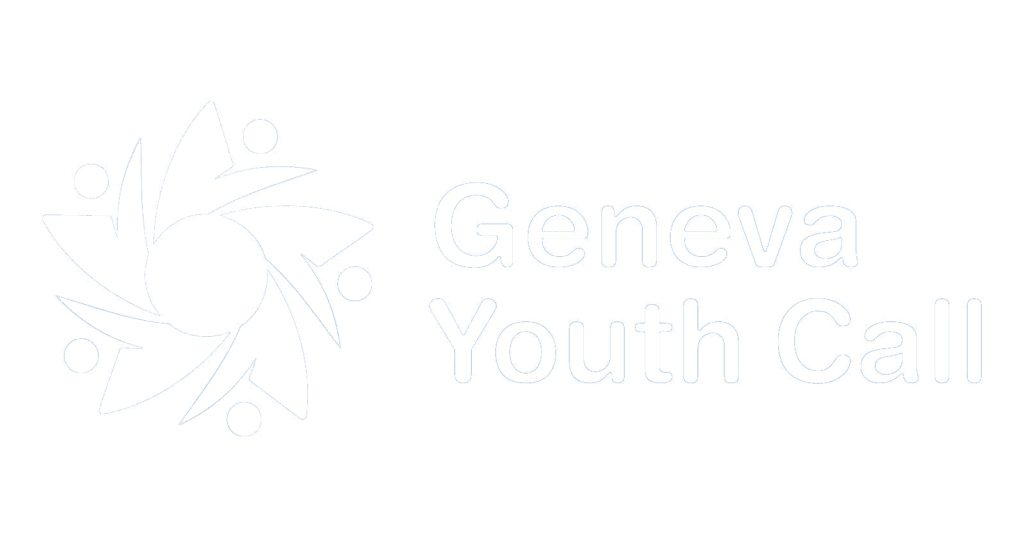There are a lot of protection programmes for the different (animals) species, there are centres and sanctuaries to welcome them. No centre exists in France for marine mammals. We are putting off the problem. We send captive animals to neighbouring countries, and we send stranded animals out to sea without prior care or rest. We close dolphinariums and between 8,000 and 10,000 cetacean deaths are reported each winter (stranded animals and those that they sink directly that we do not see) There is a worsening of this phenomenon since the year 2016. Our future project for a marine life protection centre in the Landes will have a considerable effect on marine mammals. Receiving animals in distress, having a reception centre for marine mammals from parks that are closing or for sea lions from circuses, stabilising the populations, accompanying the laws with our experience, doing education and awareness-raising, offering a resting place for exhausted wild animals, putting our experienced vet into action for marine mammals that need it, and implementing our conservation plan to preserve the populations. It’s not just about opening the door of a cage and letting them go, it’s not about criticizing without doing anything, it’s not about lamenting what’s happening… Right now for marine mammals, we want to take shortcuts, to start with the end, to put a band-aid on the problems, Cetasea wants to move forward with the experience of the team, to work on a case-by-case basis, for each individual. Let’s visualise it this way: let’s imagine that a great ape such as the orang-utan is reintroduced into a deteriorated forest… reintroducing a dolphin into the ocean should therefore raise some questions Protecting marine mammals means protecting biodiversity and caring for well-being as a whole. We will operate as a rehabilitation facility, commonly referred to as a “sanctuary” for marine mammals, as there are for other species. We plan to build this marine life protection centre in the Landes with our team of marine mammal professionals (veterinarians, carers, biologists, researchers…).






